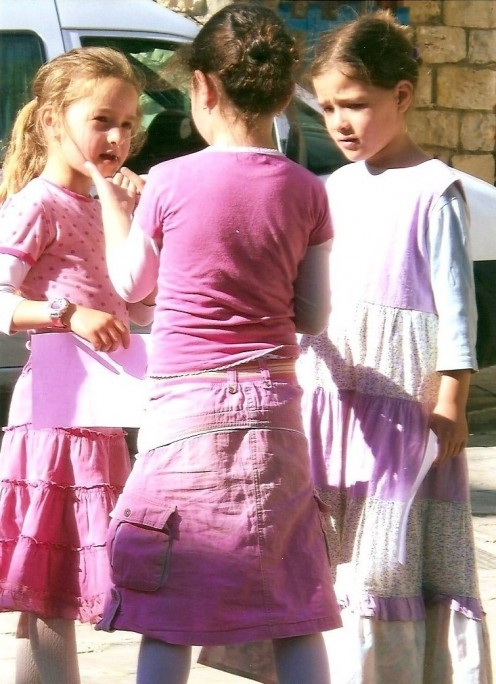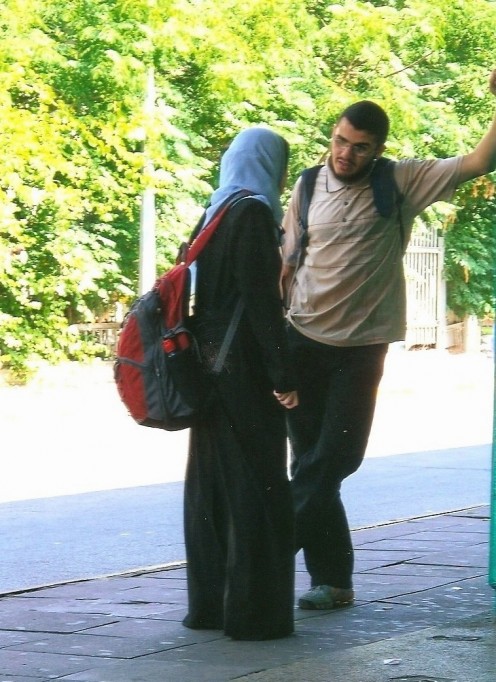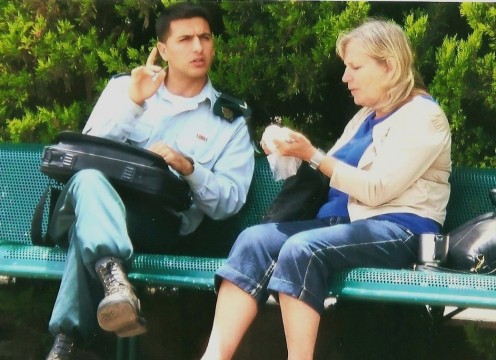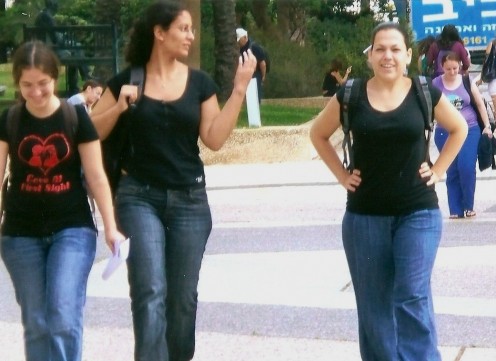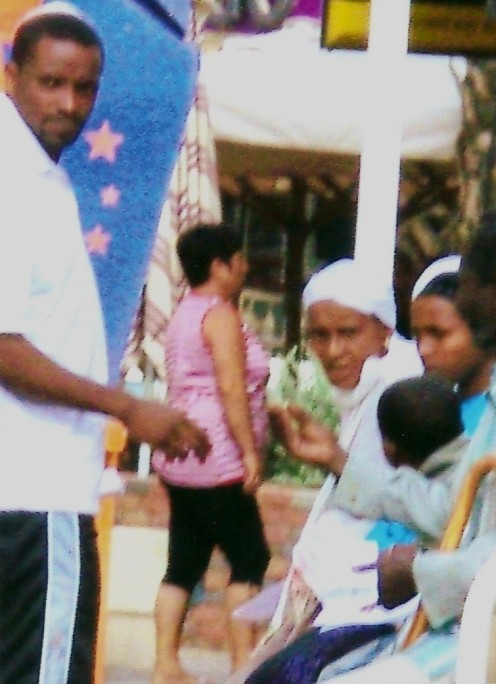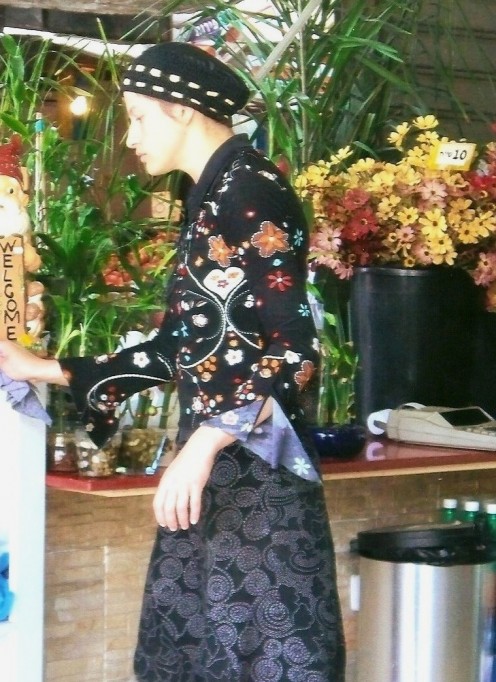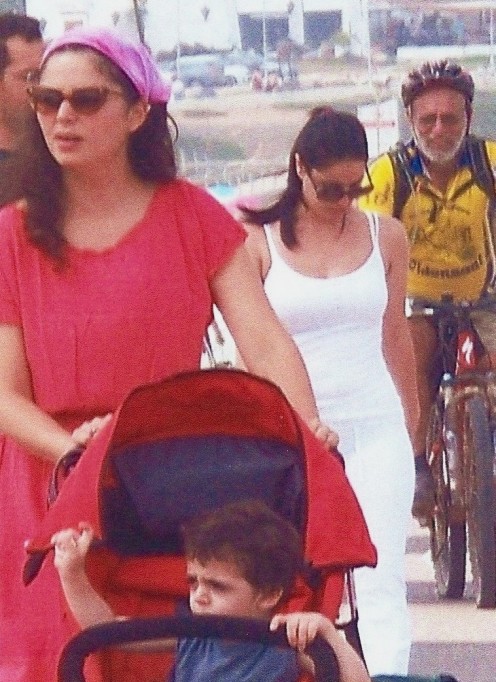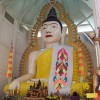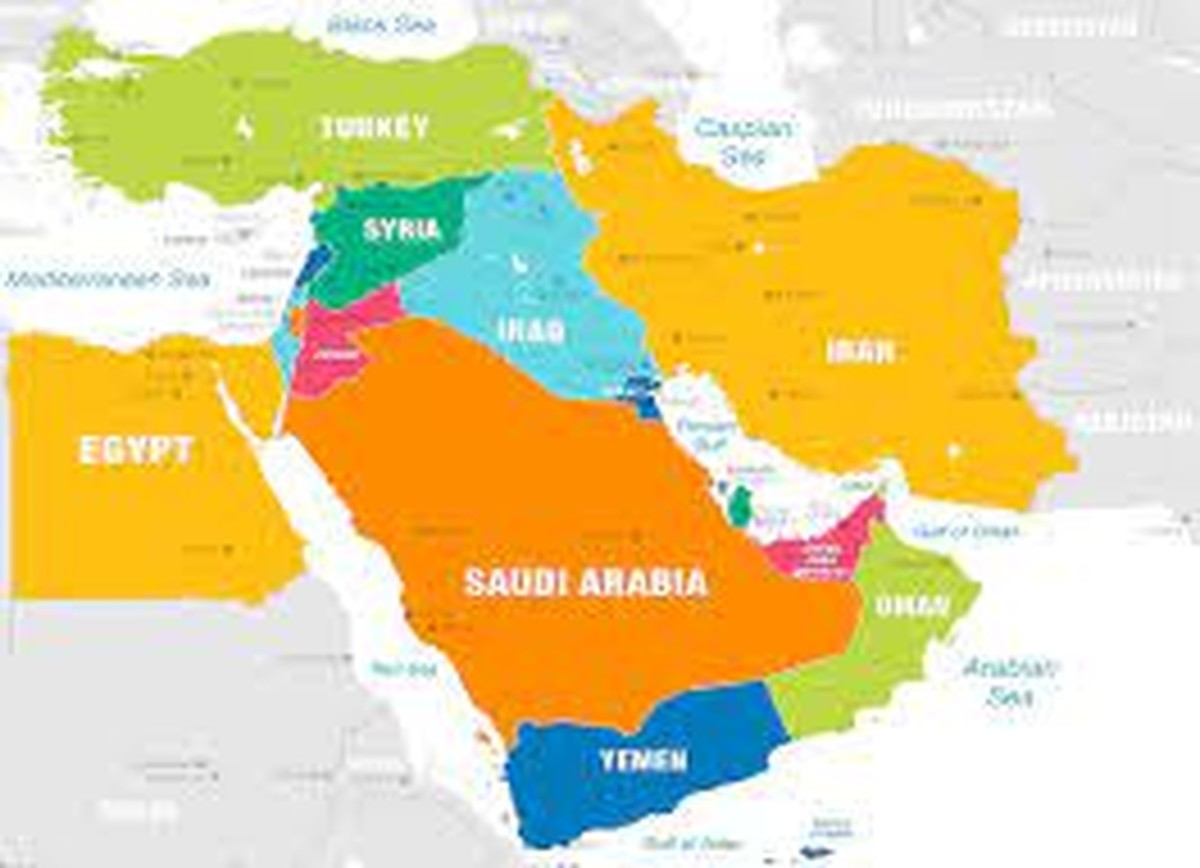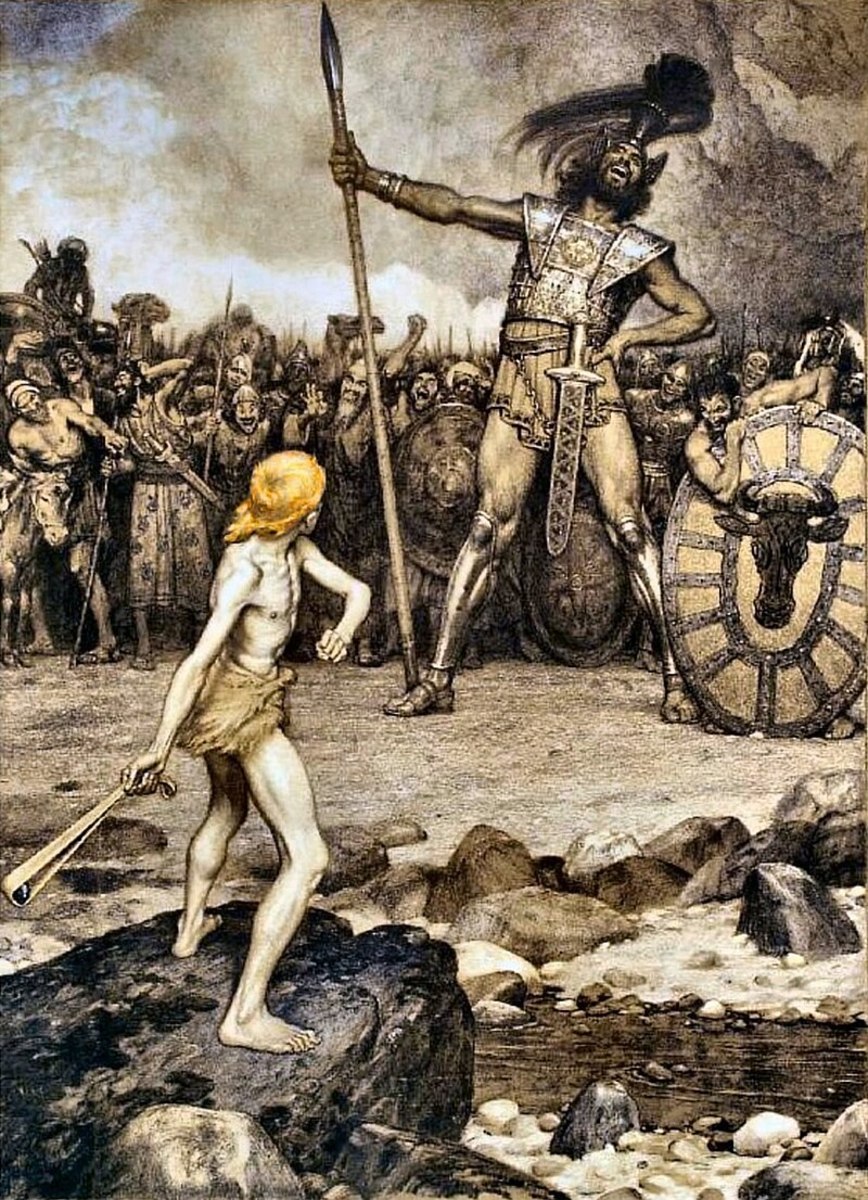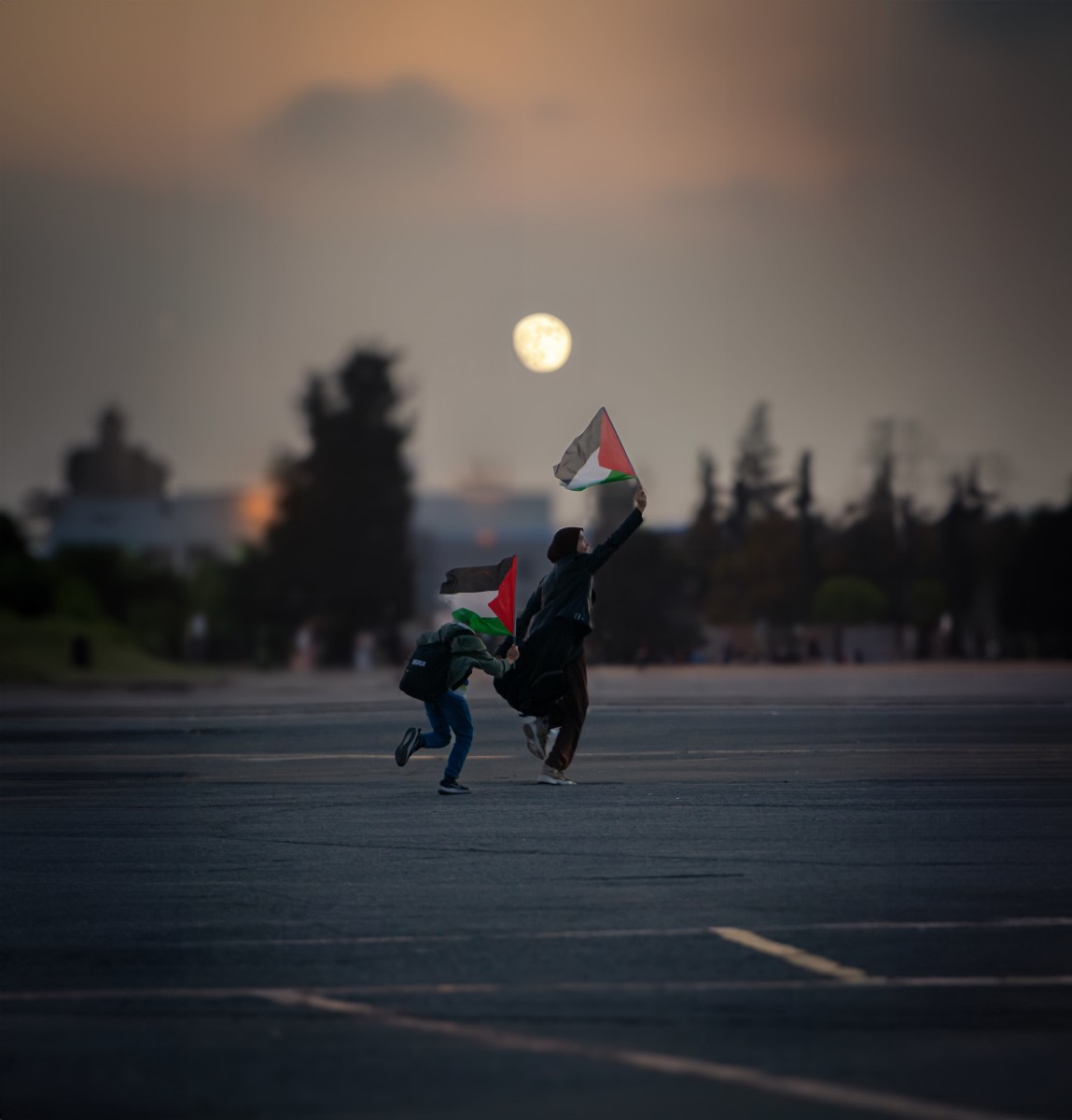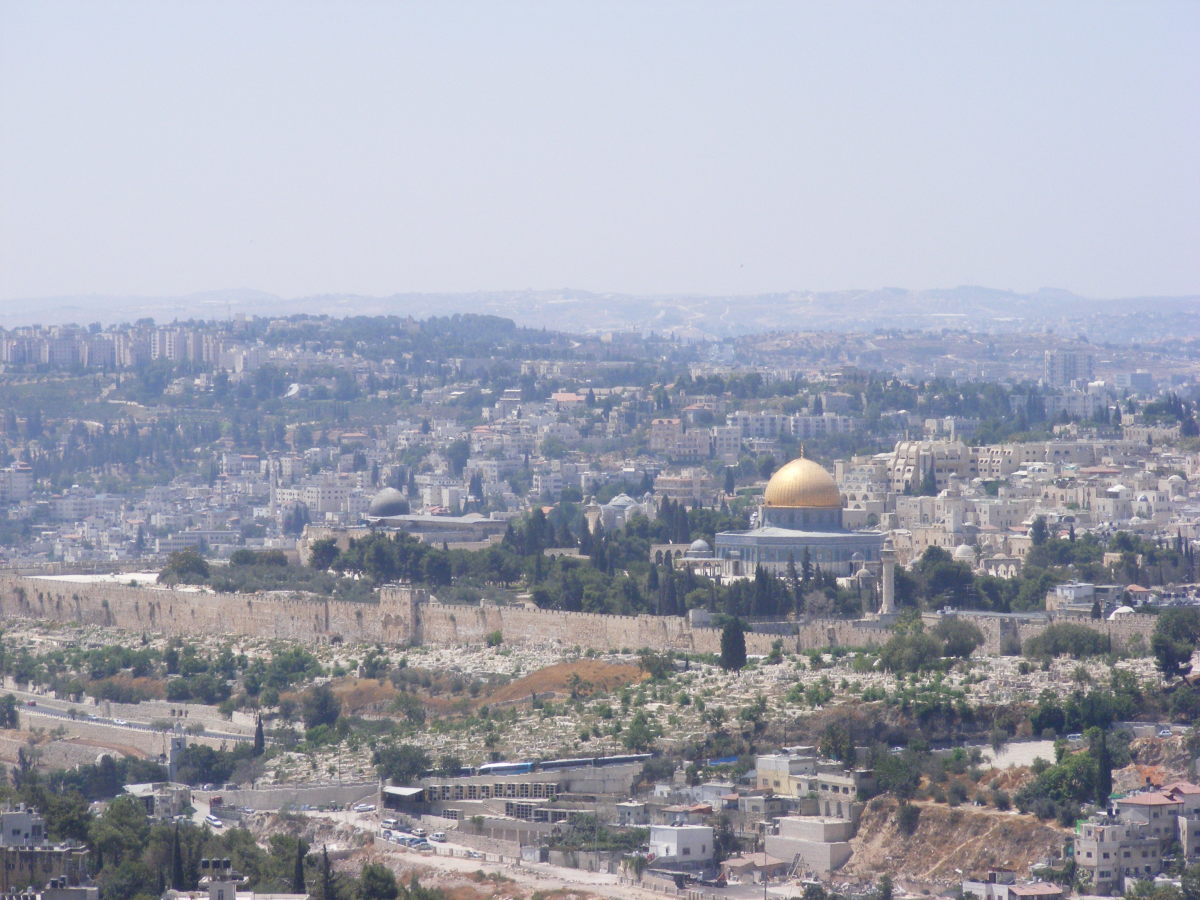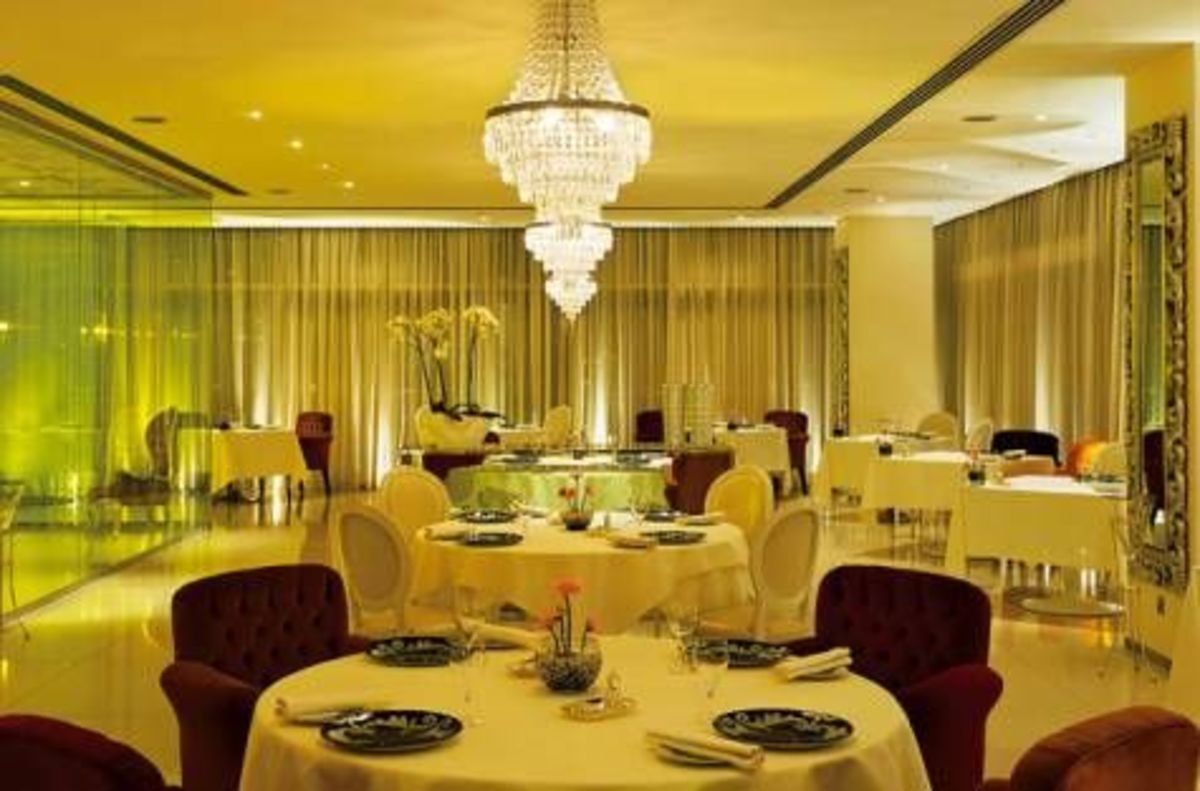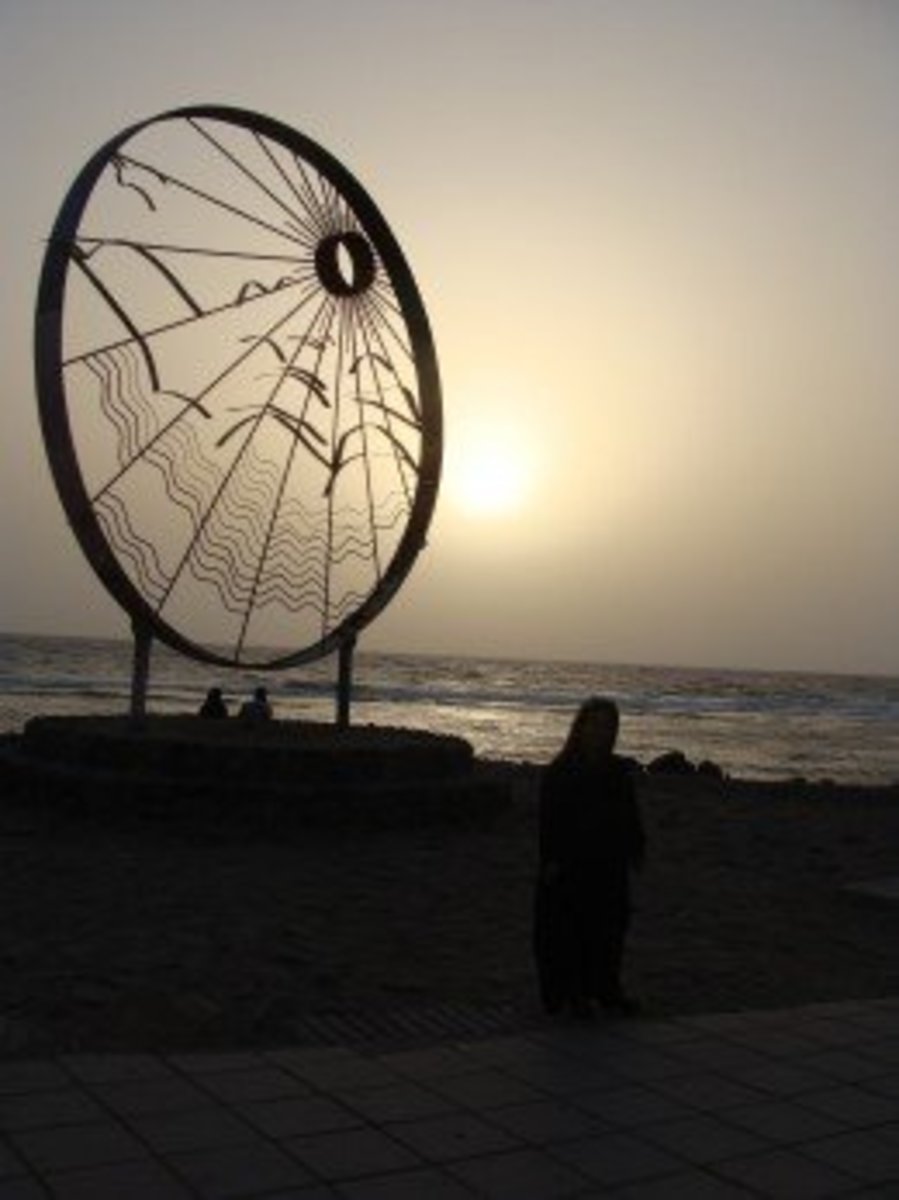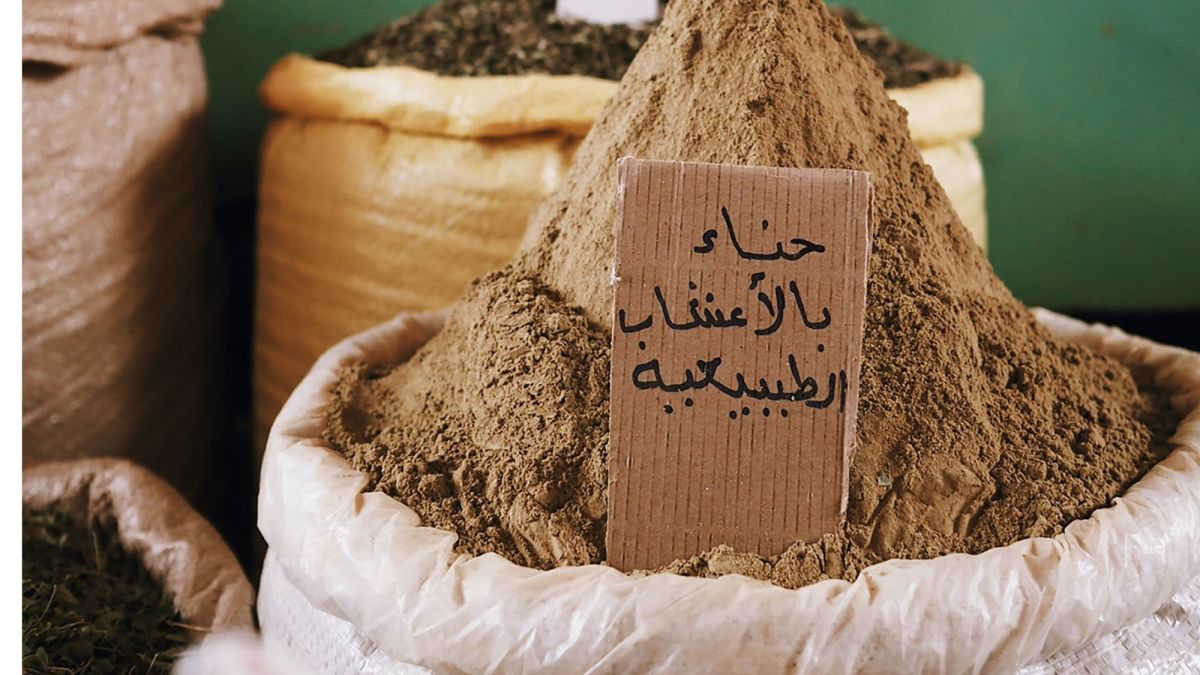- HubPages»
- Travel and Places»
- Visiting Asia»
- Middle East
THE PEOPLE OF ISRAEL
The Israelis are a mixture of people from all over the world who have created a country that is uniquely their own. Meet the people of Israel and find out who they are today.
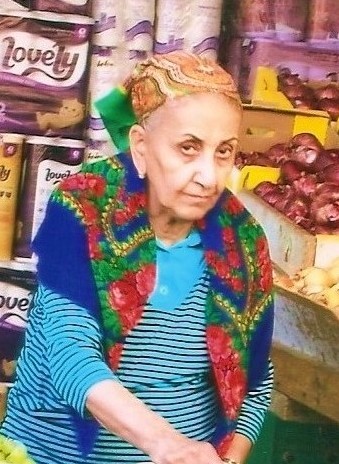
WHO ARE THE ISRAELIS?
The majority of Israelis are Jews who came from a wide variety of backgrounds. Jewish people moved to Israel from Europe, North Africa, and the Middle East in waves of immigration in the 19th and 20th centuries. Although these immigrants came from different cultures, they shared the same traditions and values. These values have become the foundation of Israeli society today.
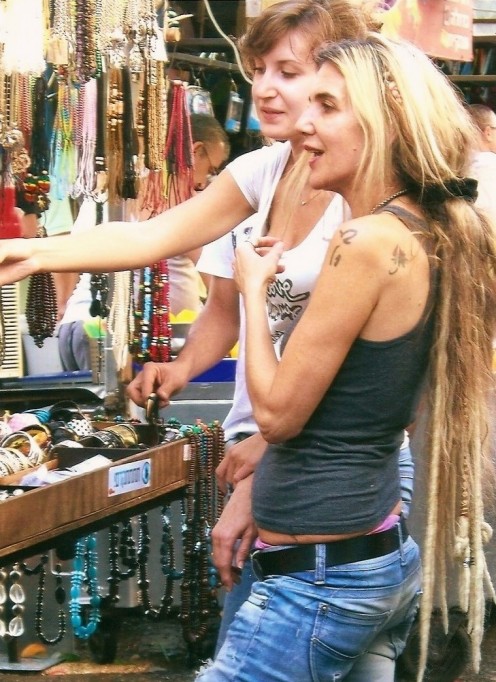
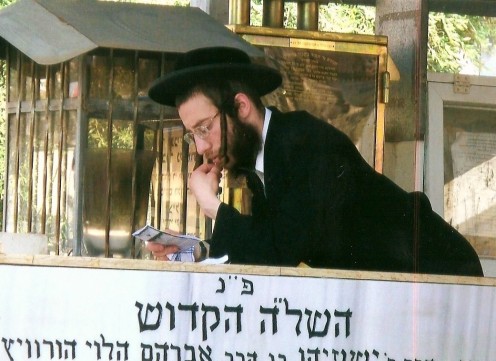
Arab Israelis make up Twenty per cent of the population. Their culture is Middle Eastern, but it has been tempered by Israel's Western oriented society. Some Arabs live in the heart of cities like Jerusalem, Akko, and Haifa, while others have become more middle class.
Arabs inherited the cultural legacy of the ancient civilizations that originated in the Middle East, so in many ways, Arab Israeli's have a different orientation than Jewish Israelis who have a European Perspective.
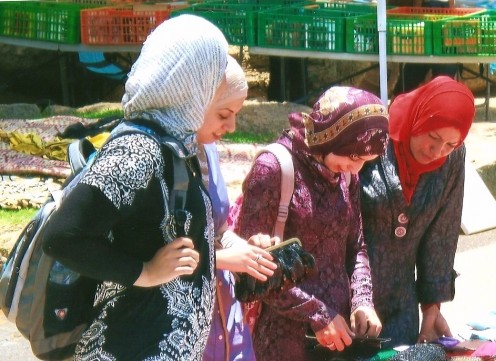
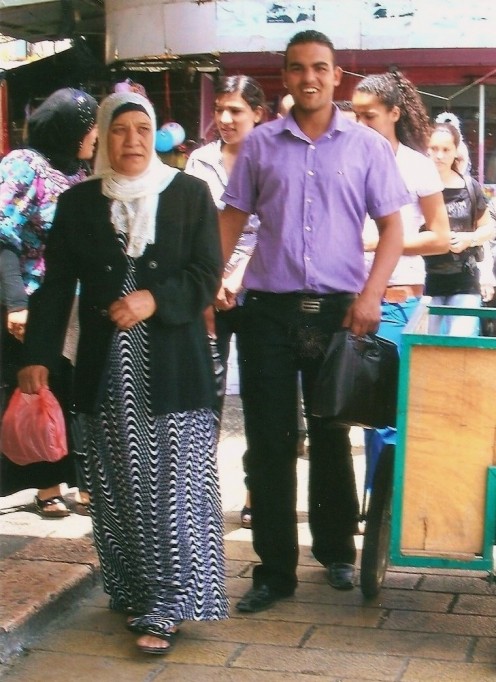
Many Americans and Europeans have chosen to live, study, or volunteer in Israel. For some, this is their aliyah, or returning to the Jewish homeland. Also East Asians and Africans who are not Jewish live in Israel for employment.
Israel's main languages are Hebrew, Russian, Arabic, English, and Spanish.
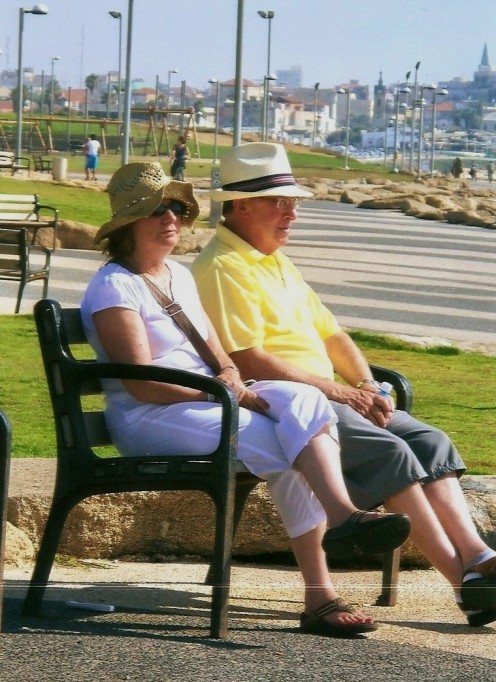
HISTORY
The Jewish Diaspora began in the 1st century A.D. when the Romans expelled Israel's inhabitants from their homeland. Jewish people continued to live in the countries that surrounded the Mediterranean Sea, especially the Middle East, North Africa, and Spain.
After the Spanish Inquisition, Jewish communities were established across Europe. Poland eventually became the center of European Jewry and the Yiddish culture. The majority of Israel's pioneer settlers were Polish and Russian Jews.
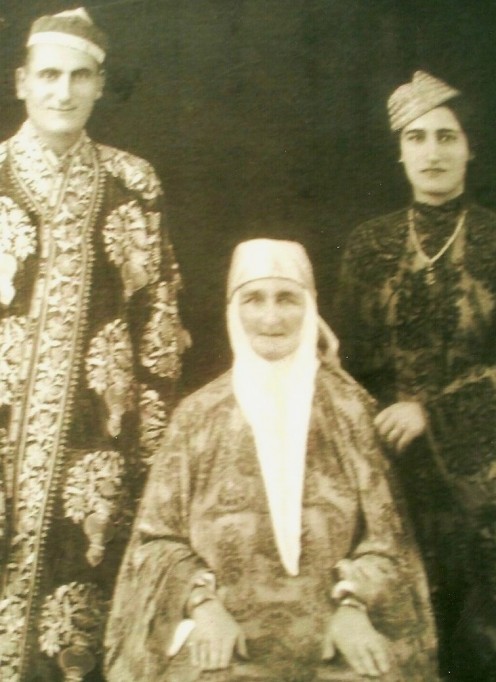
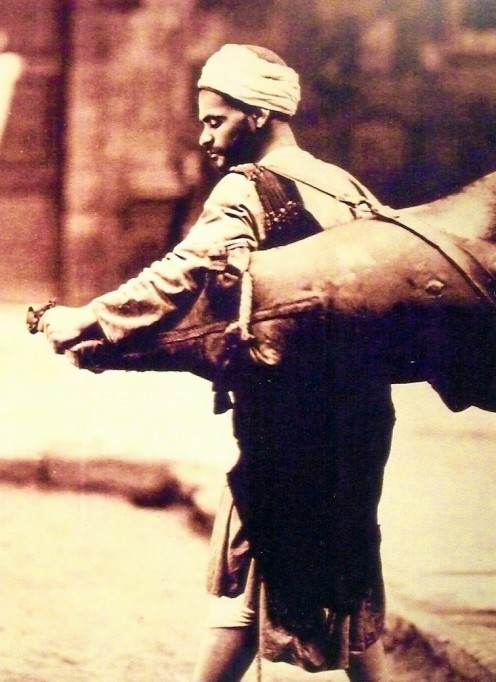
Although Jews continued to return to Palestine over the centuries, a large immigration began in the 19th century, first with the Chasidim and then the Zionists. By 1900, there were 70,000 Jews in Palestine and the building of a Jewish state had begun.
After the Second World War, Holocaust survivors from Europe fled to British controlled Palestine, and the Jewish population multiplied many times over. When Israel declared its independance in 1948, half a million Jews were expelled from Arab countries and came to Israel. An equal number of Arabs were forced to leave the new State of Israel.
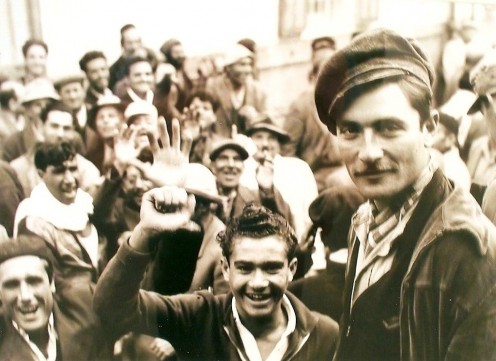
Immigration of Jews to Israel continued in the second half of the 20th century. These immigrants produced a generation that was born in Israel but was deeply affected by the suffering of their parents. Time moved on, and so did Israeli society. The children of the immigrants grew up and became parents with children and grandchildren of their own.
Today, the majority of Israelis were born in Israel. The experiences of the Diaspora and the Holocaust, as well as the lessons of the settlement period, have all been woven into Israeli culture. Modern Israelis, both Jew and Arab, find themselves in a prospering country, although real security problems continue to plague them.
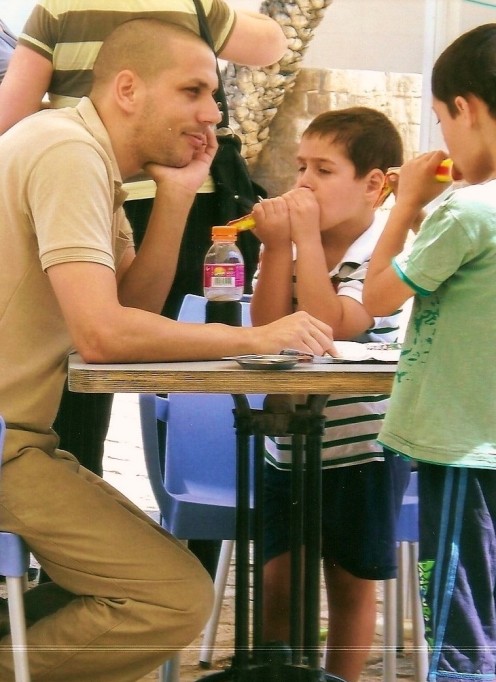
JUDAISM IN ISRAEL
Israel is a Jewish society, and signs of the Jewish faith pervade everyday life. Yarmulkes sit atop men's heads and scarves cover women's hair. The strings of the tallis (ritual shawl) dangle beneath men's shirts. Mezuzahs (prayer scrolls) hang on door posts.It is not unusual for men to perform the morning ritual of tephilin (leather bound scrolls worn on forehead and arm) in a park or train station. In the evenings, voices ring from the synagogues. There is a natural Jewishness in Israel that is fundamental to the society.
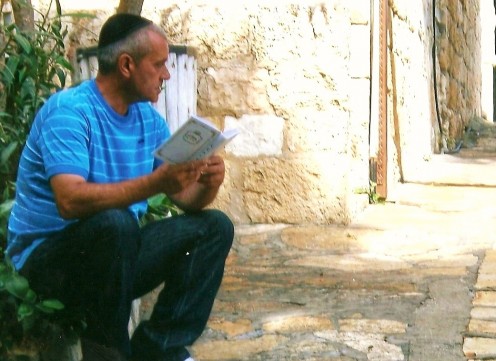
Many Jews in Israel consider themselves secular, which means they are Jewish in a cultural sense, but they do not practice the religion. Jewish culture draws from the experience of the Diaspora as well as the religion. This, along with the Hebrew language, creates a bond between Jews in Israel regardless of where they are from.
There are four holy cities in Israel, and each is associated with one of the four elements - earth, water, fire, and air. Jerusalem is fire becauseof the eternal flame in its temples. Tiberius is water because it is on the shore of the Sea of Galilee. Hebron is earth because the patriarchs Abraham, Isaac, and Ishmael are buried there. Safed is air, or spirit, because it is the spiritual center of Israel, home of the Kabbalah and mystical Judaism.
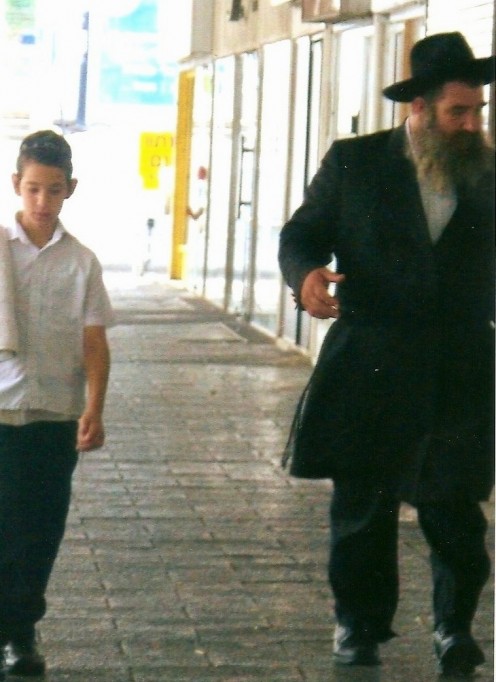
Shabbat plays a central role in Israeli life. Every Friday afternoon, shops are shuttered, traffic disappears, and buses and trains stop running. Shabbat is a time for family. Soldiers return home for the weekend, and friends get together.
On Saturday, the religious attend synagogue, while the not so religious often go to the beach for some fun and sun. Shabbat is not just a time for prayer, it is a time to be yourself. The whole week in Israel revolves around it.
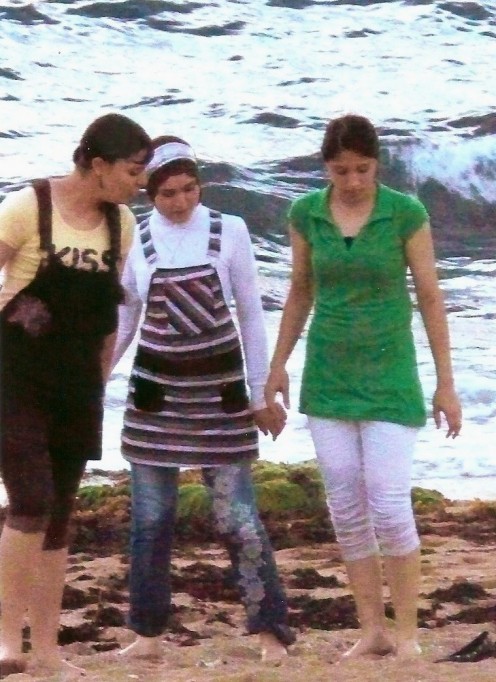
ISLAM IN ISRAEL
When Mohammed died, he rode his white steed to the Dome of the Rock in Jerusalem to ascend to heaven. This shows the close ties that exist between Islam and Israel. Today, Islam is the religion of the majority of Arab Israelis. There are active mosques throughout the country, and in many parts of Israel, the call to prayer can be heard echoing from minarets.
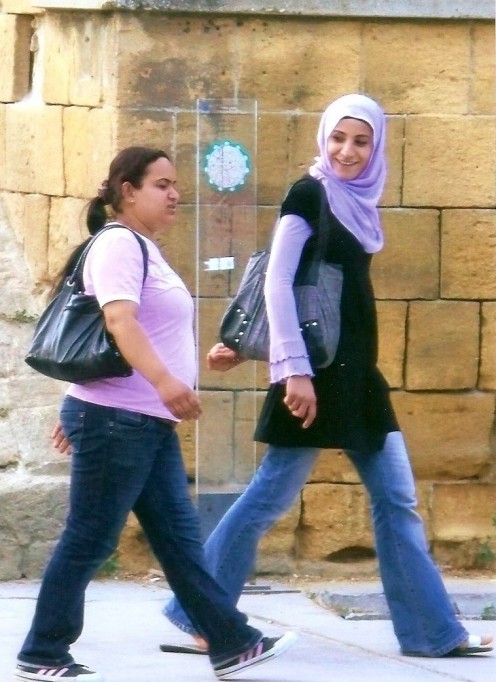
MARKETS
Markets in Israel are filled with noise - the voices of shoppers as they throng between stalls, men calling out their wares, the whine of Middle Eastern music blaring from radios. Then there are the smells that change as you pass between an endless variety of goods; Turkish coffee, frying eggplant,fresh baked buns, open tins of spices, shish kabob grilling on charcoal, the salty wetness of just caught fish lying on a bed of ice.
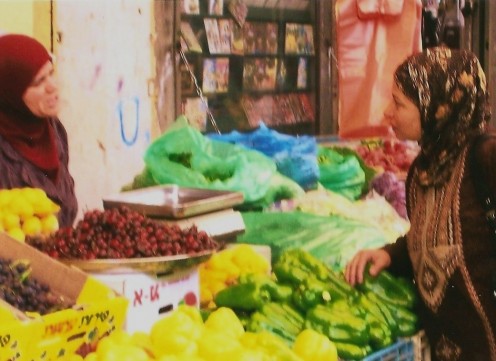
Carmel Market is a long alley lined with stalls. It is in the center of Tel Aviv and serves the needs of the inner city.

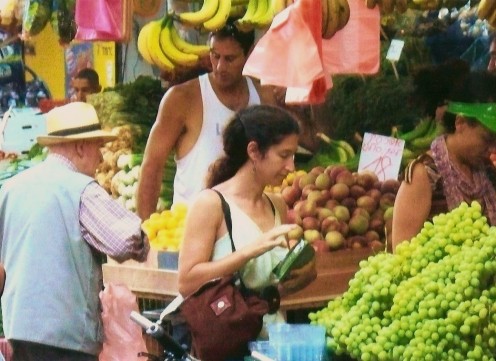
The Turkish Bazaar is set among the winding streets of Old Town in Akko. It is a covered market used by the local Arab population. It has become popular with tourists because it captures the flavor of the Middle East.
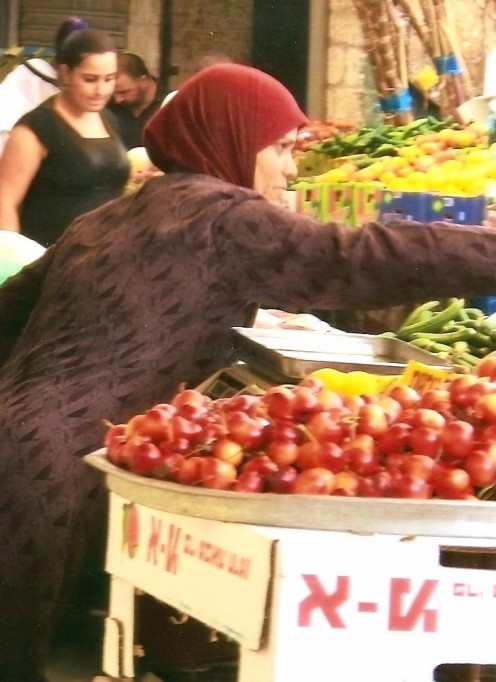
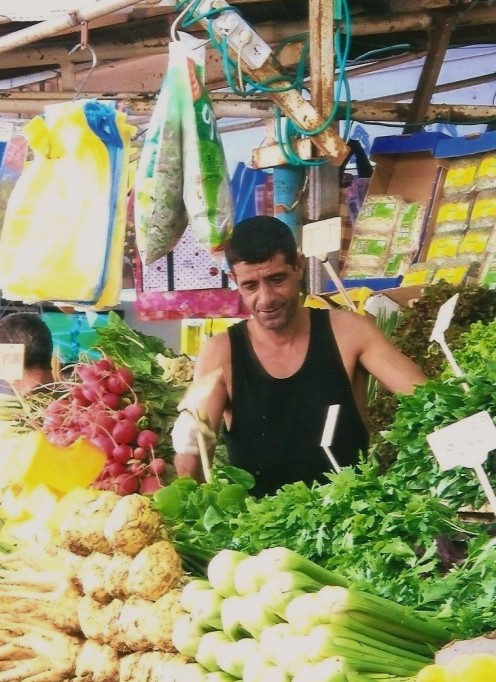
A GENERATION IN UNIFORM
All Israelis over age 18 are required to serve in the military. The only exceptions are Arab Israelis and those with religious exemptions. This means that a whole generation of young people, regardless of economic or social background, finds itself dealing with life in the Israeli Defense Force.
Military service dominates the early years of adulthood for both men and women. After the military, many young Israelis travel abroad before settling down to university or a job.
Soldiers are constantly moving around the country on buses and trains. Most soldiers carry their rifles with them, so weapons are a familiar sight in Israel.
Israelis feel that people living outside their country tend to view Israel through their own biases, and that the international community does not recognize the real security threat that Israeli people face daily.
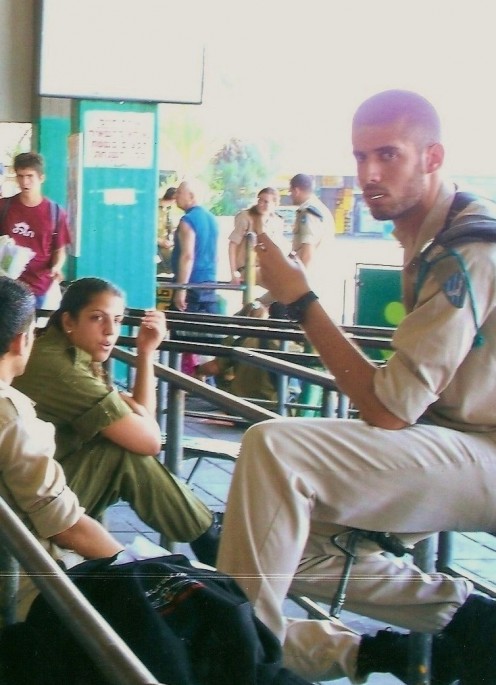
MORE ISRAELI PEOPLE
